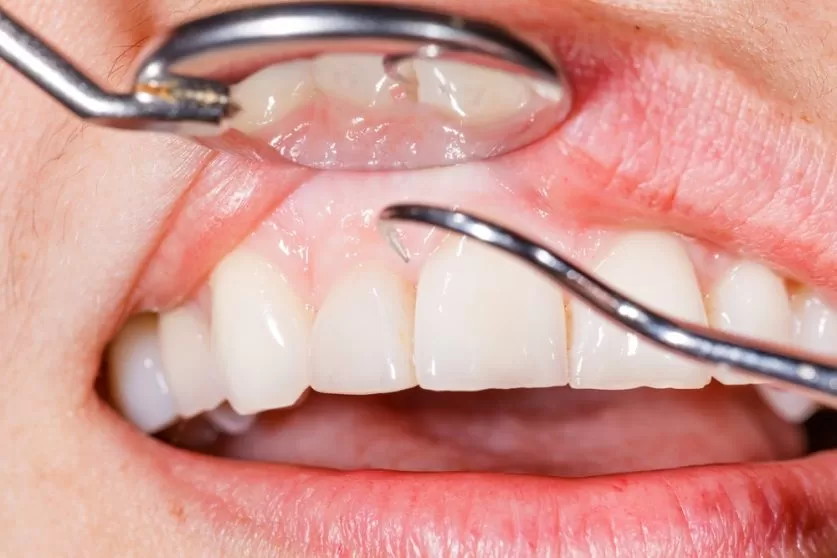Keys To Proper Nutrition Among Kids
Malnutrition in children is commonly misconstrued with images of children that are reed thin and could barely move because of lack of nutrition. In fact, malnutrition occurs in children that have improper nutrition that may lead to childhood obesity. Any form of improper nutrition is malnutrition. Children need to be properly nourished. It is the building block of proper growth and maturity. It is dangerous to have children to have improper nutrition because their bodies are developing. It could lead to stunted growth and their mental faculties will not be as developed as it would be.
As we all know, proper nutrition is crucial in the development of a child. They need the energy that they will get from nutrients to sustain play and exercise. Lack of proper nutrition in children leads to a weak body; it may hinder their sociability and impact their psychological growth. In contrast, overconsumption of certain food items may increase their risk to develop type-2 diabetes and obesity. It will also contribute to an increased probability of developing cardiovascular diseases at an early age. Brain development could also be impaired thus disallowing the child to be more participative in some academic endeavors.
In some cases, nutrition is crucial in making sure that the immune system is functioning well. This ensures that the child can ward off infections and stave off bouts of illnesses that may come with exposure to climate or certain environments. Vitamin deficiencies can lead to death, which is otherwise preventable if only there was a proper nutrition program that was in place to help the child.
With all the arguments presented, it is only important to parents to put emphasis on their children’s nutrition. It doesn’t take a lot of resources to provide excellent and proper nutrition to kids. One should be aware on the healthy food choices to come up with a nutrition plan that is affordable and effective.
The first thing that one should learn about proper nutrition is to have a balanced diet. A diet that has the right amounts of the different food groups. A balanced diet means that you need to get the right amount of fat to give your child energy. There should be moderate amounts of food groups which may not be found in fast-food chains. Allow your child to eat more fiber and whole-grains to maintain a healthy body at the same time keep the toxins away.
A diet with low sugar and low fat is desirable in keeping a proper nutrition program. Canned or powdered fruit juices should be avoided and replaced by naturally-prepared juices and are unsweetened. There are naturally-occurring sugars in fruits that are enough for the body to sustain to be used as energy. Any excess in sugar may contribute to the spike in blood glucose and could lead to risks that could develop into type-2 diabetes in the future. Fat intake on the other hand should be tailored in accordance to the child’s age. Younger children may need more fat compared to more matured children.
It is best to discuss with a pediatrician or a nutritionist on when to use whole milk or the time to switch to low-fat milk.
Vitamins and minerals are the most important facets of proper nutrition. Source much of the vitamins and minerals from food and less from supplements. Supplements are given only to fill the gaps on the needed nutrients that are not sufficiently provided by the diet. You can discuss this with your health care professional.
Ultimately, let your children decide how much they want to eat each meal. Do not force children to finish up their food and let them finish only what they can eat. After you have taken this consideration, prepare servings that can be consumed comfortably by your child and make sure he gets the right amount of the nutrition packed on that serving. If you have concerns about your child’s nutrition; you should always consult your pediatrician about this.

















